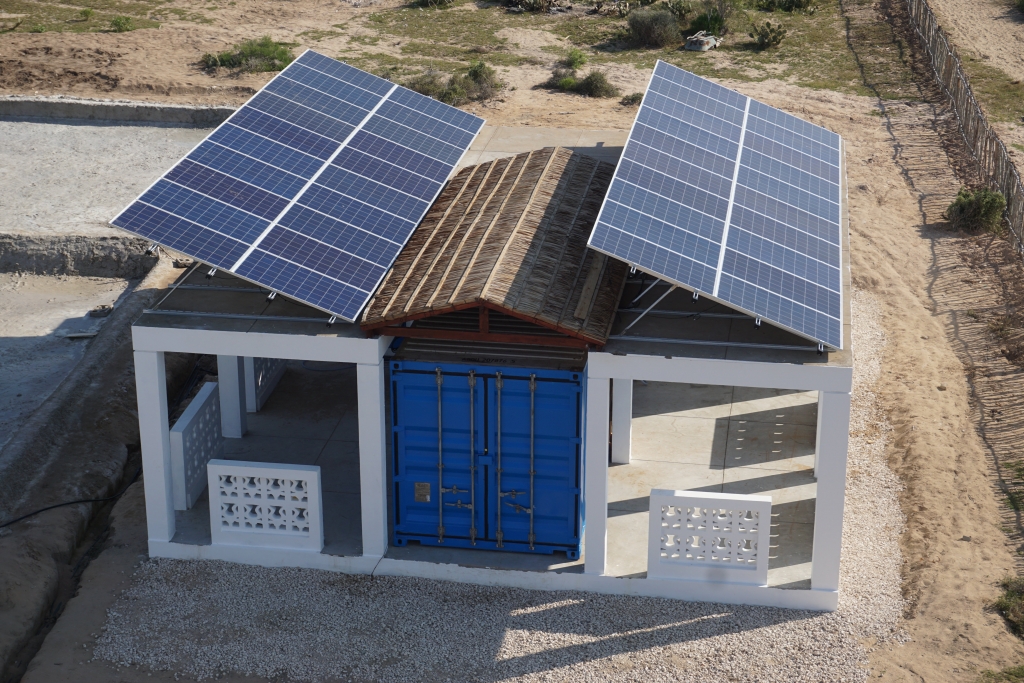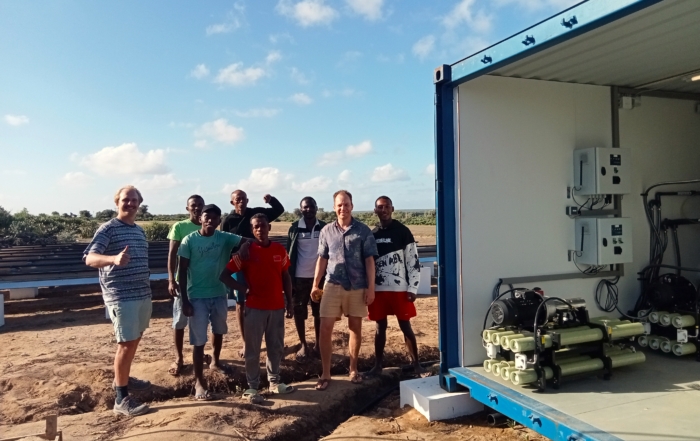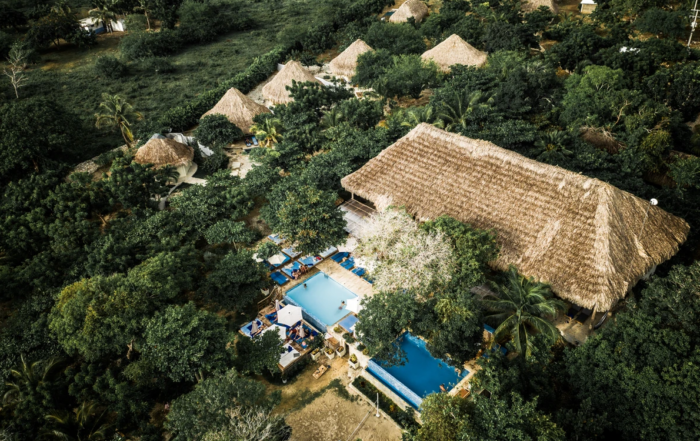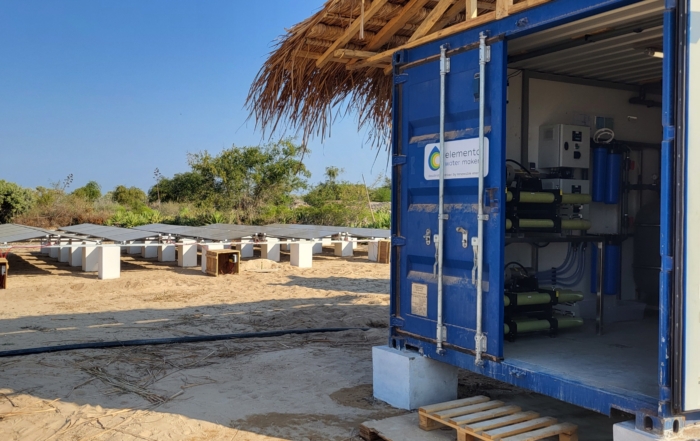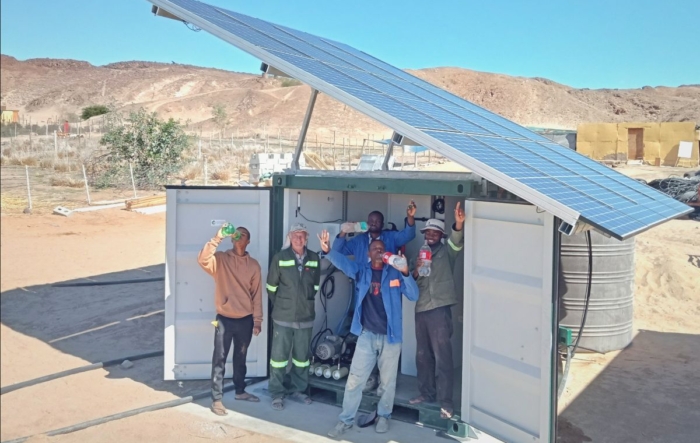Please find the original layout and newsletter here.
The latest numbers are in.
Let’s start with the basics. Water is the base for everything we do. We use it to grow food, to stay hydrated, to make products, to generate energy. It connects us all and we kind of really depend on it.
Yesterday, the United Nations published its IPCC report. Modern society’s use of fossil fuels is warming the world at a rapid pace and its effects are already apparent as record droughts, wildfires, and floods devastate communities worldwide.
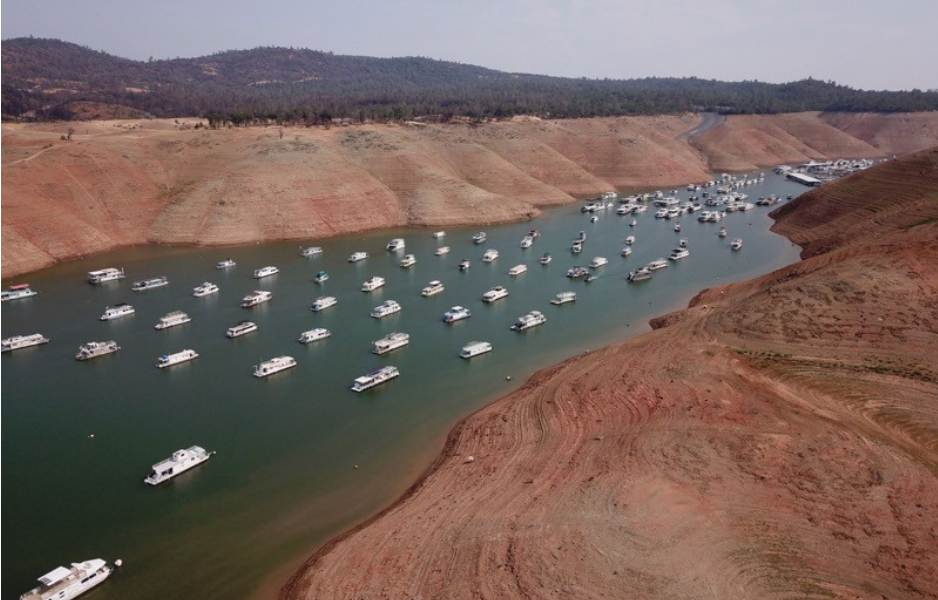
Today, there are over 2.2 billion people who do not have access to safe drinking water. The large majority of these people live in developing countries. The lack of safe drinking water is most present for remote communities, who are often forced to use unsafe water; with severe consequences on hygiene and health.
The latest WHO report, published last month, made clear that in order to reach SDG6 (access to safe water) we will have to at least quadruple our current efforts in ensuring access to safe drinking water.
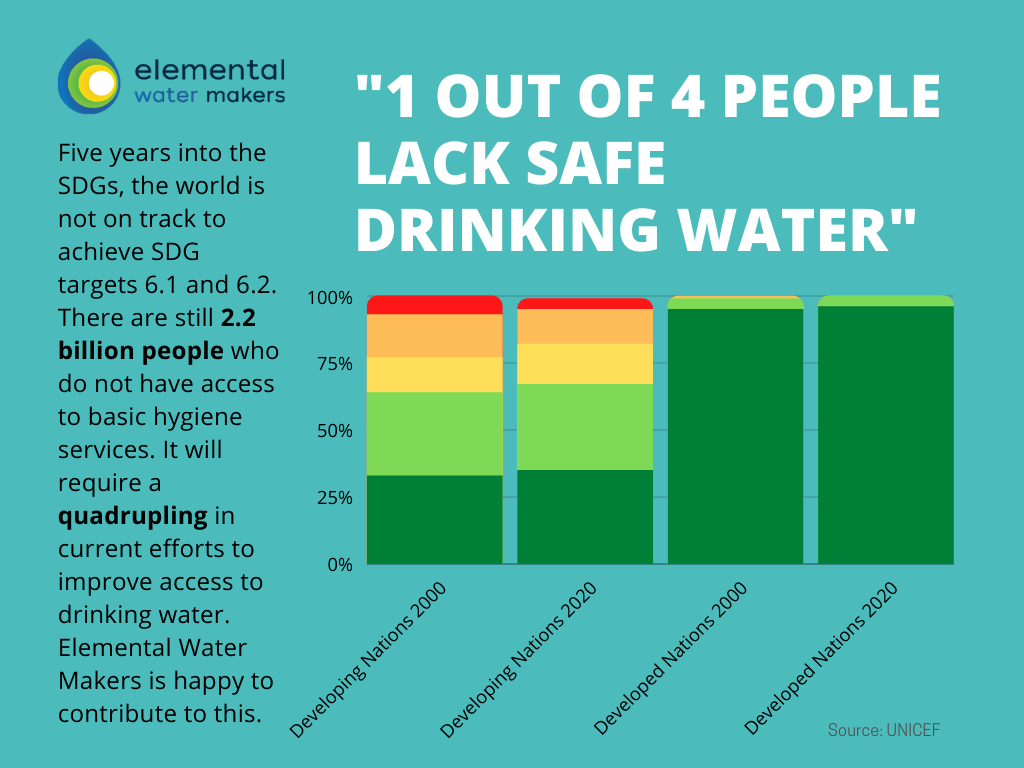
Yet there is hope, it’s all up to ourselves.
The good news is that the IPCC assessment makes it clear that the future of the planet depends in large part on the choices that humanity takes today. The WHO reports show some progress in 5 years, although not nearly enough.
We are happy to contribute our part in making clean & affordable drinking water for remote coastal communities using only seawater and sunshine. We have successfully built provided drinking water projects in Madagascar, Tanzania, Mozambique, the Philippines & Senegal and are currently building more humanitarian projects in Somalia, Madagascar, the Philippines and Yemen.
What can you do to increase access to water?
1) Help the ones who need it most: remote communities
Of all people that lack access to safe water, 67% live in remote areas that are easily overlooked and didn’t contribute much to climate change. An example is the coastline of Somalia that is suffering the worst effects of climate change. These effects are made worse by lack of infrastructure, poverty, and interclan conflict. Drought has been limiting development for decades.
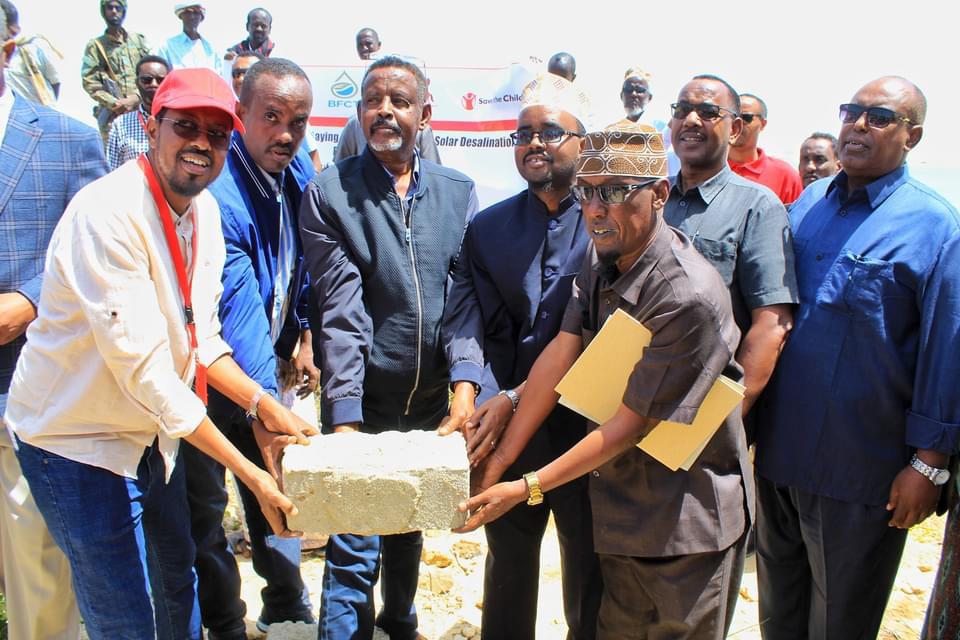
Elemental Water Makers is working together with Save the Children to help 35,000 people get access to safe drinking water using the sea and sun. In June we laid the first foundation stone for the solar desalination project in Somalia that will be constructed in the coming period. It will be a first for the country.
Of course, we remain available to work with local governments, NGOs, and bilateral & development organizations to help them improve access to clean water for these communities. The time to act on improving access to clean water using the sea and sun is now!
2) Invest in a sustainable water supply to nullify your water footprint
As any water user, may it be a private property, industry, resort or farm, we are all using a lot of water that comes from a finite water cycle that might already be pressurized. You can provide resilience for yourself and everyone around you by switching to a clean water supply that comes from the sea & sun. In many cases, you also end up saving big time by getting rid of those water bills.
3) Get prepared for droughts/events that will disrupt the water supply
The IPCC report mentions extreme droughts have affected various regions across the globe, for example along the Mediterranean region. It is predicted that droughts will happen much more frequently in the future.
You can now get prepared for any drought or water crisis using the Elemental Water Reponse; a solar-powered temporary emergency response unit that turns either 30 liter or 50 liters per hour of seawater into drinking water.
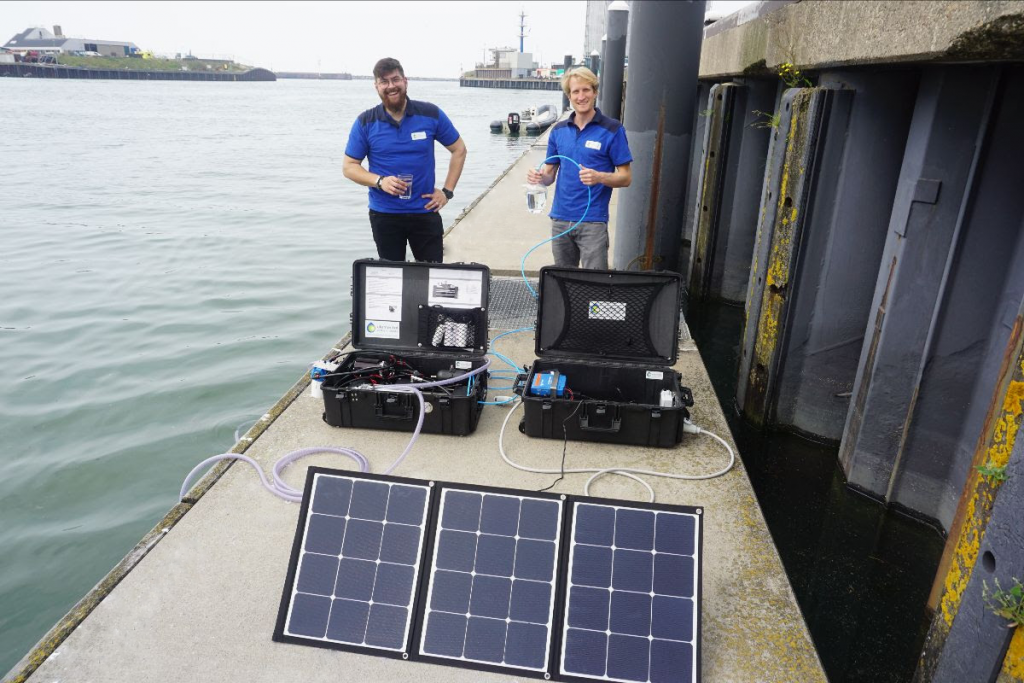
We are working on a sustainable future.
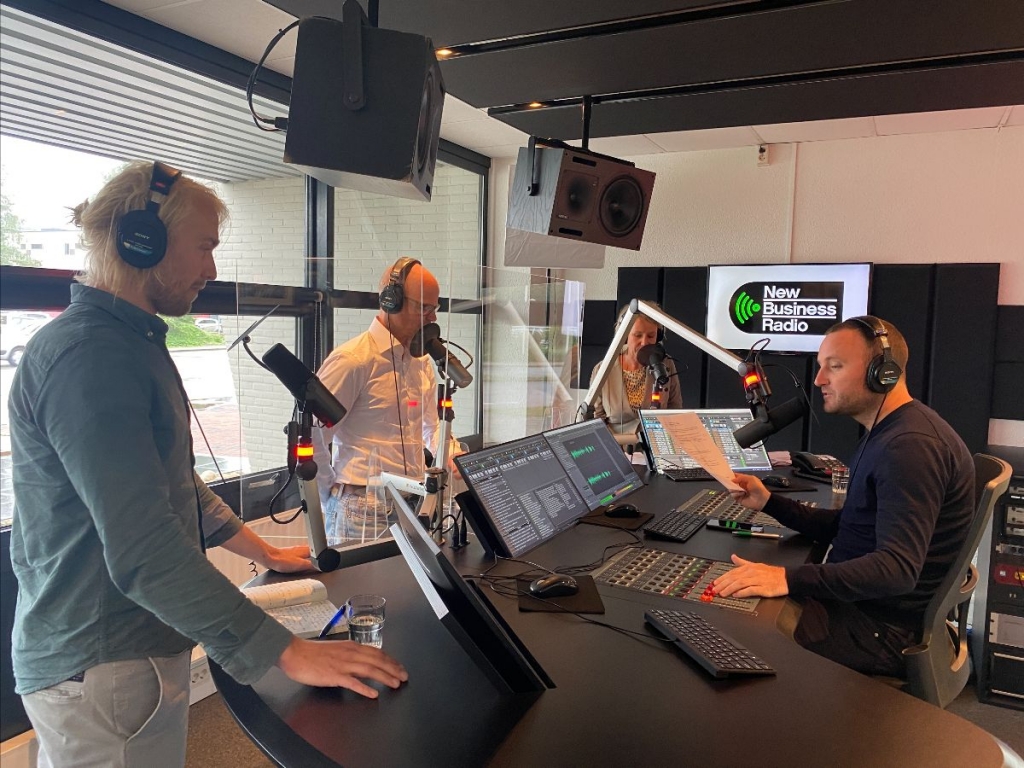
New Business Radio.
Our CEO got invited to participate in New Business Radio’s podcast about water scarcity and drought. What followed was an interesting discussion.
Listen to it here.
Dutch Water Sector.
We got featured by the Dutch Water Sector with our new Elemental Water Response, our compact solar desalination unit for emergency water supply that is quickly deployed.
Read the article here.
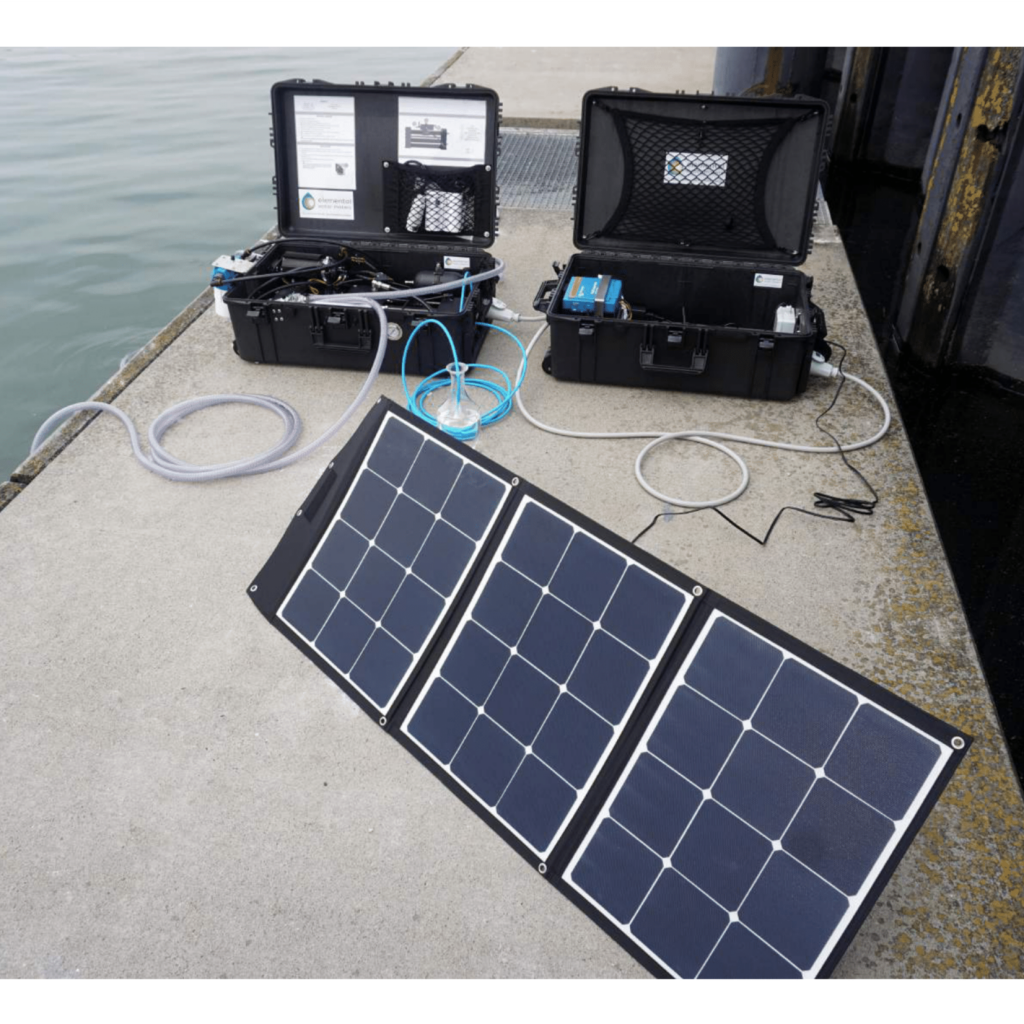
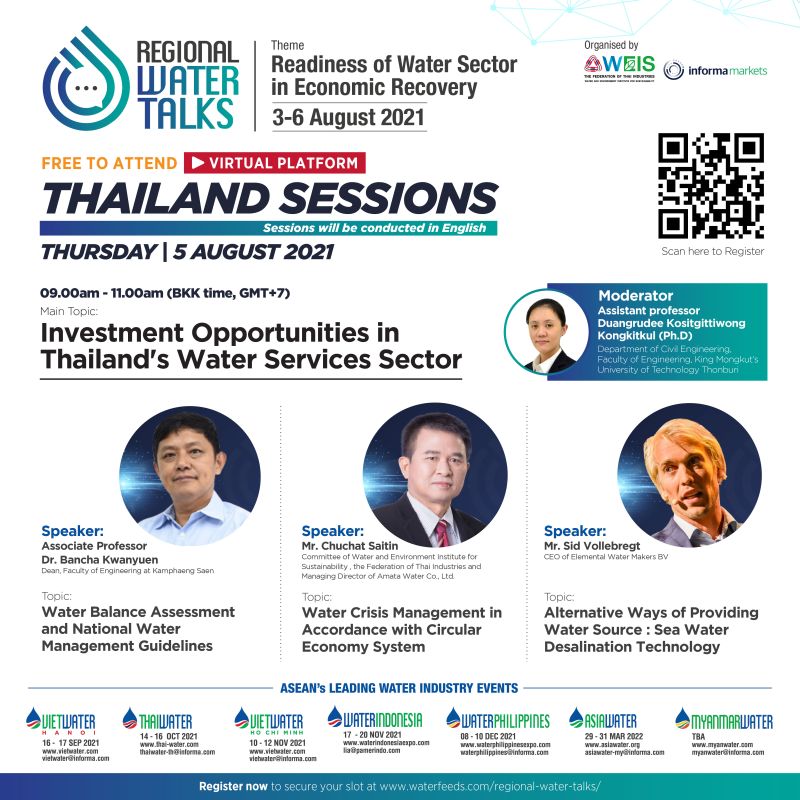
Regional Water Talks Asia.
We were honored to participate in the first virtual conference on the “readiness of the water sector in economic recovery” by showing how solar desalination can contribute to the circular economy.
Check it out here.

